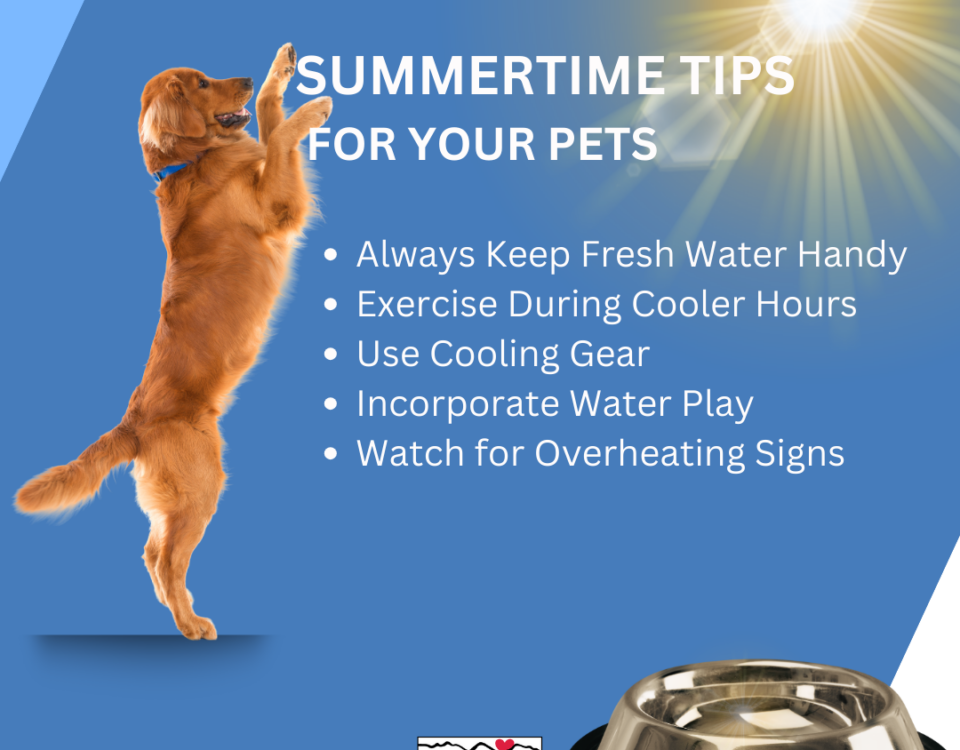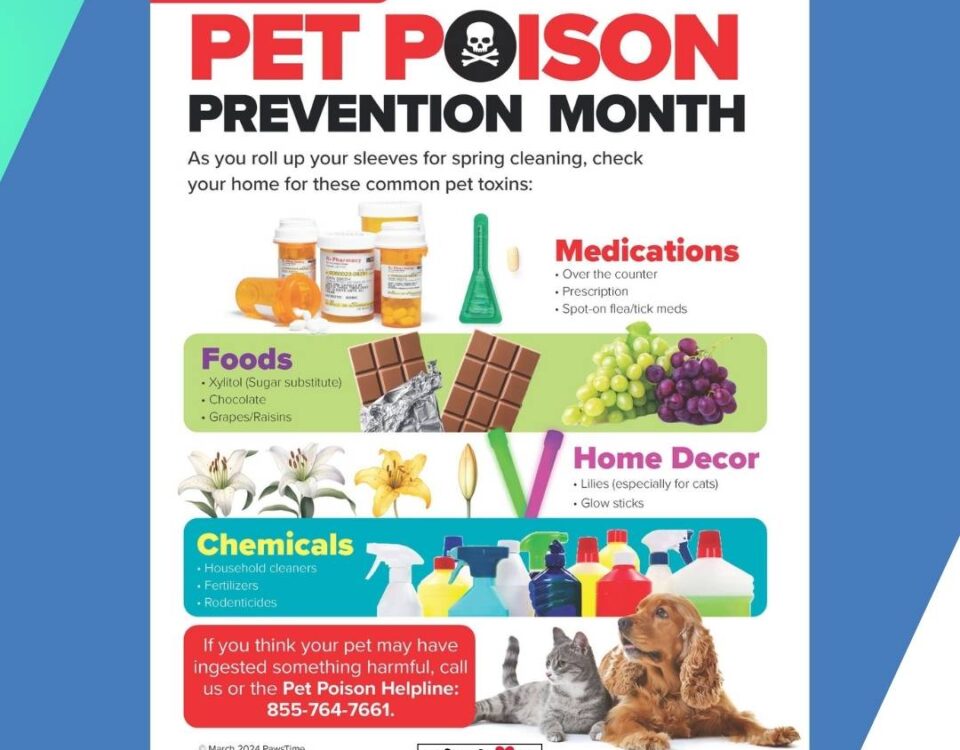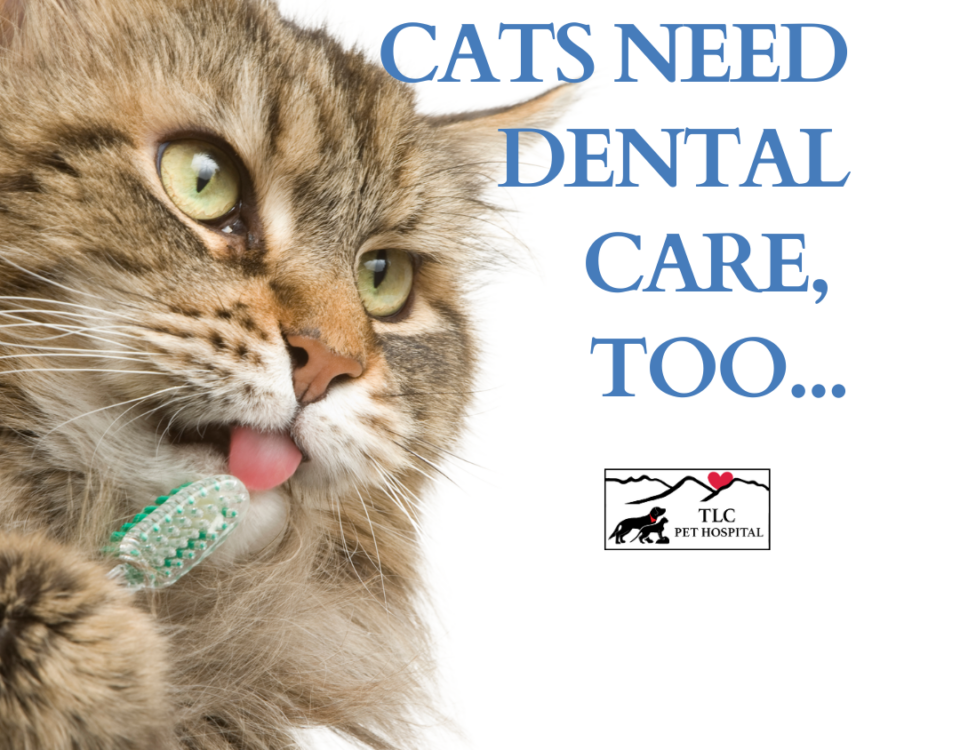
Aging
November 16, 2015Hairballs
November 27, 2015What Is Bad Breath?
Bad breath, also known as halitosis, can be caused by a variety of health problems. Don’t worry, your cat’s breath isn’t supposed to smell minty fresh—but if there’s an extremely strong, fetid odor, there could be an underlying medical problem.
What Could Be Causing My Cat’s Bad Breath?
Most often, bad breath is caused by a build-up of odor-producing bacteria in your pet’s mouth. This can be a result of dental or gum disease; certain cats, in fact, may be especially prone to plaque and tartar. Diet and dermatological issues can also be contributing factors. However, persistent bad breath can also indicate more serious medical problems such as abnormalities in the mouth, respiratory system, gastrointestinal tract, liver or kidneys. In all cases, halitosis is a red flag that should be investigated.
How Can I Determine the Cause of My Cat’s Bad Breath?
Your veterinarian is the best person to pinpoint the cause. A physical examination may reveal the cause of your cat’s problem. If not, further tests will likely be recommended. Be ready to answer questions about your cat’s diet, oral hygiene, exercise habits and general attitude and behavior.
When Is It Time To See The Vet?
The following symptoms will require veterinary attention: – Excessive brownish tartar on your cat’s teeth, especially when accompanied by drooling, difficulty eating and red, inflamed gums, could indicate serious dental or gum disease.
– Unusually sweet or fruity breath could indicate diabetes, particularly if your cat has been drinking and urinating more frequently than usual.
– Breath that smells like urine can be a sign of kidney disease.
– An unusually foul odor accompanied by vomiting, lack of appetite, and yellow-tinged corneas and/or gums could signal a liver problem.
– Pawing at the mouth
How Is Bad Breath Treated?
Treatment depends on your vet’s diagnosis. If plaque is the culprit, your cat might require a professional cleaning. If the cause is gastrointestinal or an abnormality in your pet’s liver, kidneys or lungs, please consult your vet about steps you should take.
How Can I Prevent My Cat From Having Bad Breath?
Many people assume that bad breath in cats, especially at a certain age, is a “given”—but that’s not the case. In fact, being proactive about your pet’s oral health will not only make your life together more pleasant, it’s smart preventive medicine:
– Bring your pet in for regular checkups to make sure he has no underlying medical issues that may cause halitosis.
– Make sure your vet monitors and tracks the state of your cat’s teeth and breath.
– Brush your cat’s teeth frequently—every day is ideal. (Please be sure to use toothpaste formulated for cats as human toothpaste can upset your pet’s stomach.)
– Discuss home-use oral health products with your veterinarian to see if there’s a type he or she recommends.
– Talk to your vet about feeding a diet that will help to prevent dental disease. Some feel that the abrasive action caused by chewing hard kibble can slow down the formation of plaque.
What Happens If I Ignore My Cat’s Bad Breath?
If left untreated, gum disease and excessive tartar—both causes of bad breath—can lead to infection and tooth loss.
https://www.aspca.org/pet-care/cat-care/bad-breath




